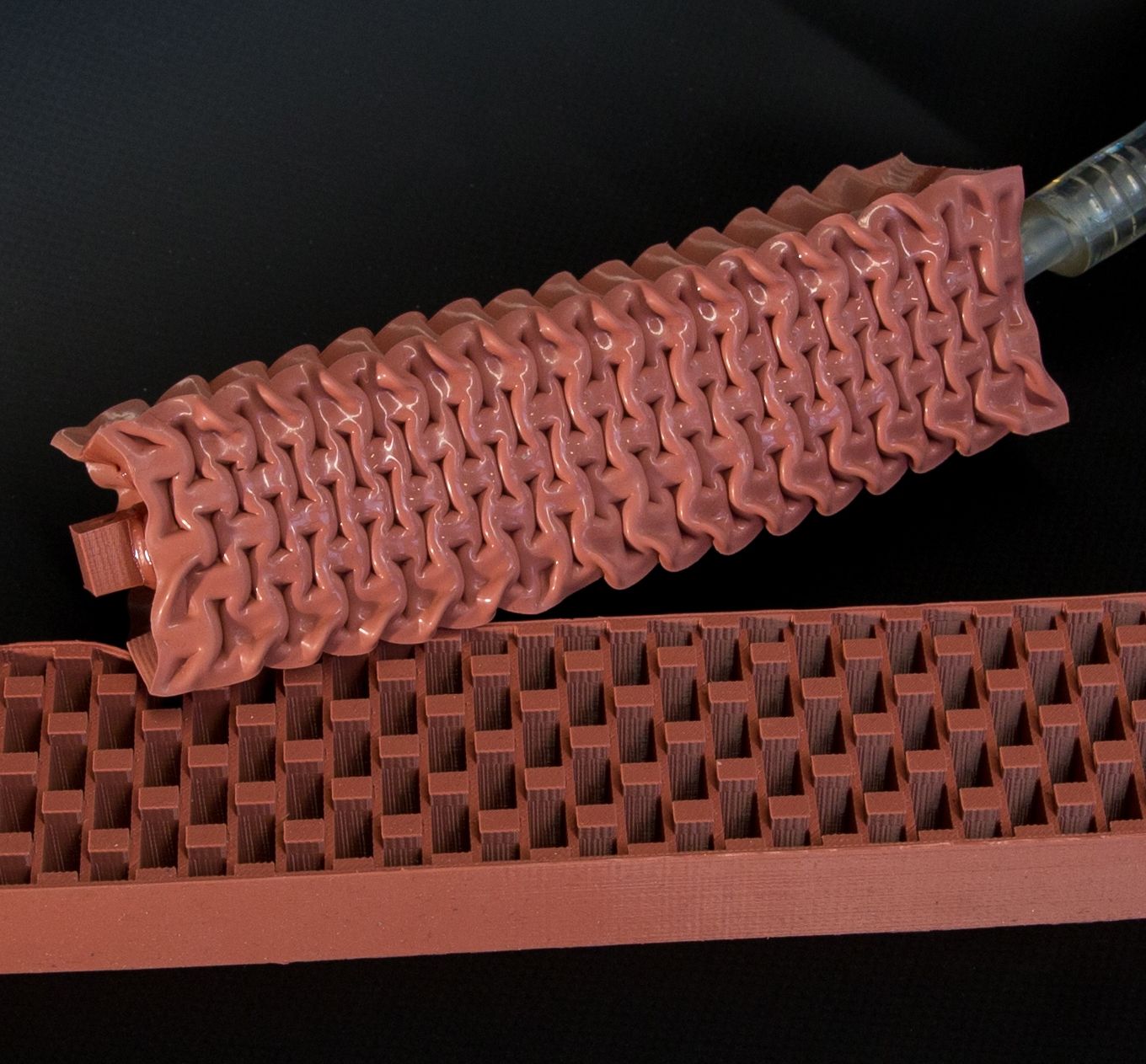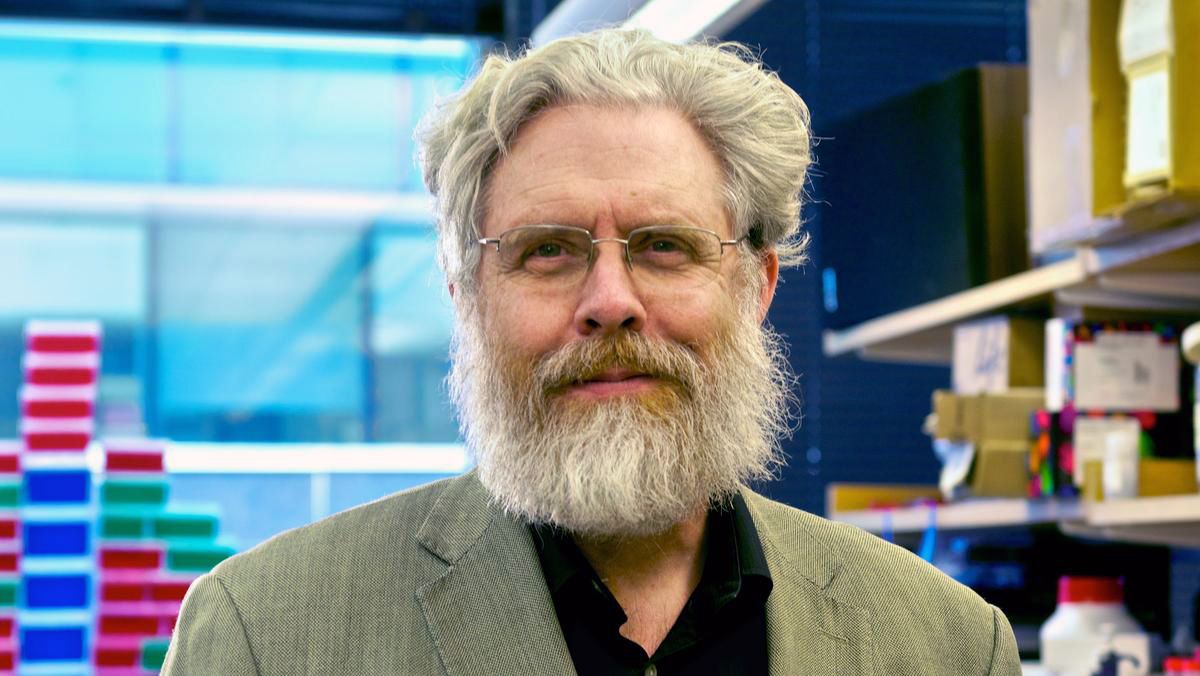Page 10626
Jun 5, 2016
$700 Robot Can Fold Your Laundry in Less Than a Minute
Posted by Shailesh Prasad in category: robotics/AI

San Francisco startup is set to release a robotic device that folds laundry it for you. Called FoldiMate, it uses sensors and ‘arms’ for professionally folded garments — and for $700 to $850.
Jun 5, 2016
Scientists Create World’s First GMO Reverse Dalmatian
Posted by Shailesh Prasad in category: futurism
Jun 5, 2016
Russian hi-tech spy devices under attack over privacy fears
Posted by Karen Hurst in categories: business, mobile phones, security
New Russian technologies, including phonecall interception and a facial recognition app, have stirred a fierce debate about privacy and data monitoring.
Infowatch, a Moscow-based IT security company managed by businesswoman Natalya Kasperskaya, found itself in hot water last month after it revealed it had invented a system that companies can use to intercept employees’ mobile phone conversations.
Companies outside Russia have also devised call interception software, and Infowatch already markets products that monitor employees’ e-mails, USB keys and printers.
By now it’s clear that bots will cause a major paradigm shift in customer service, e-commerce, and, quite frankly, all aspects of software-to-human interaction.
For the moment, the state of the art of bots is bot-to-consumer, meaning bots communicating with humans. But at some point soon, bots will start talking to other bots. Enter the bot-to-bot era.
Imagine that a bot — let’s call her Annie — needs to answer a question from a customer but lacks information from her own backend systems. Annie is powered with artificial intelligence and spontaneously decides to reach out to another bot to get the information she needs. Annie aggregates the information and delivers it back to the customer.
Jun 5, 2016
The weird future: Elon Musk, Jeff Bezos offer up extraordinary visions of the impact of technology
Posted by Karen Hurst in categories: climatology, cyborgs, Elon Musk, neuroscience, robotics/AI, singularity, space travel
Musk concerns over Singularity/ cyborgs technology.
We are said to be headed towards a wired future. But that could equally be a weird future, going by what some tech entrepreneurs and artificial intelligence visionaries are saying about it. It’s going to get a lot weirder than self-driving smart cars. Elon Musk, who co-founded Paypal and started the Tesla electric car company – and thus has a track record of delivering on ambitious projects – also set up the SpaceX company, whose ultimate goal is to colonise Mars. He’s just announced, at this year’s Code Conference in Los Angeles, plans to send the first manned mission to Mars as early as 2024. Moreover cargo flights to Mars are also planned every two years, keeping in mind that a habitation on Mars will require regular supplies from earth.
Musk says he’s doing this to preserve humanity, since possibilities of a calamitous event that destroys human civilisation on earth – thanks to runaway advances in technology – are high. Perhaps we have a foretaste of this already when the Louvre museum packs up its treasures of human art and locks its doors due to floods in Paris, an event that has been linked to the pumping of greenhouse gases into the air that disrupt the earth’s climate. Amazon CEO Jeff Bezos comes at the same issue from the opposite end. He says heavy industry is too polluting and will need to be relocated to outer space to preserve the earth.
Jun 5, 2016
Actuators inspired by muscle
Posted by Shailesh Prasad in categories: materials, robotics/AI
To make robots more cooperative and have them perform tasks in close proximity to humans, they must be softer and safer. A new actuator developed by Harvard researchers generates movements similar to those of skeletal muscles using vacuum power to automate soft, rubber beams.
Like real muscles, the actuators are soft, shock absorbing, and pose no danger to their environment or humans working collaboratively alongside them or the potential future robots equipped with them. The work was reported June 1 in the journal Advanced Materials Technologies.
The new actuators could pave the way for entirely soft-bodied robots that are safer than their conventional rigid counterparts.
Jun 5, 2016
Toyota is the top bidder for robotics pioneer Boston Dynamics
Posted by Dan Kummer in categories: robotics/AI, transportation
Over the past couple of months, Google’s parent company Alphabet has been looking to offload its robotics division, Boston Dynamics, as it seeks to divert its attention to self-driving cars. Toyota’s Research Institute was thought to interested in picking up the company from the start, but Nikkei is now reporting that the car maker’s R&D arm is close to signing a deal for not only Boston Dynamics, but also Google’s Japanese robotics company, Schaft.
According to the newspaper, the Toyota Research Institute will use its $1 billion budget to purchase both companies. The Institute was established in November 2015 to develop AI, robotics and autonomous car technologies and opened its first facility in Silicon Valley in January.
Earlier this week, Tech Insider reported that the “ink is nearly dry” on the deal, suggesting it won’t be long until Alphabet and Toyota formally announce the trade. It added autonomous vehicle specialist Jaybridge Robotics to its team in March, now it’s looking to bolster its team ahead of a possible rollout of self-driving cars in 2020. Let’s hope Spot, Atlas and AlphaDog make the journey too.
Jun 5, 2016
Plan to Fabricate a Genome Raises Questions on Designer Humans
Posted by Andreas Matt in category: biotech/medical
Jun 5, 2016
Quantum weirdness survives space travel
Posted by Andreas Matt in categories: encryption, quantum physics, satellites
In a feat that demonstrates the feasibility of using satellites to transmit uncrackable quantum messages, scientists have measured the quantum properties of photons sent to space and back again.
Physicists beamed the blips of light up to a satellite that reflected them back to Earth. Upon the photons’ return, the team, led by Paolo Villoresi of the University of Padua in Italy, observed a property known as quantum interference. That confirmed that the particles’ quantum traits remained intact over the 5,000-kilometer space voyage. The team reports the advance in a paper to be published in Physical Review Letters.
The technique could one day lead to quantum cryptography by satellite, allowing users to send snoop-proof encryption keys for encoding secret information. “It’s important for the sake of secure communication and advancement of physics,” says Villoresi. But that’s not the only reason he took on the challenge. “I can more honestly say that it’s cool.”
Continue reading “Quantum weirdness survives space travel” »















